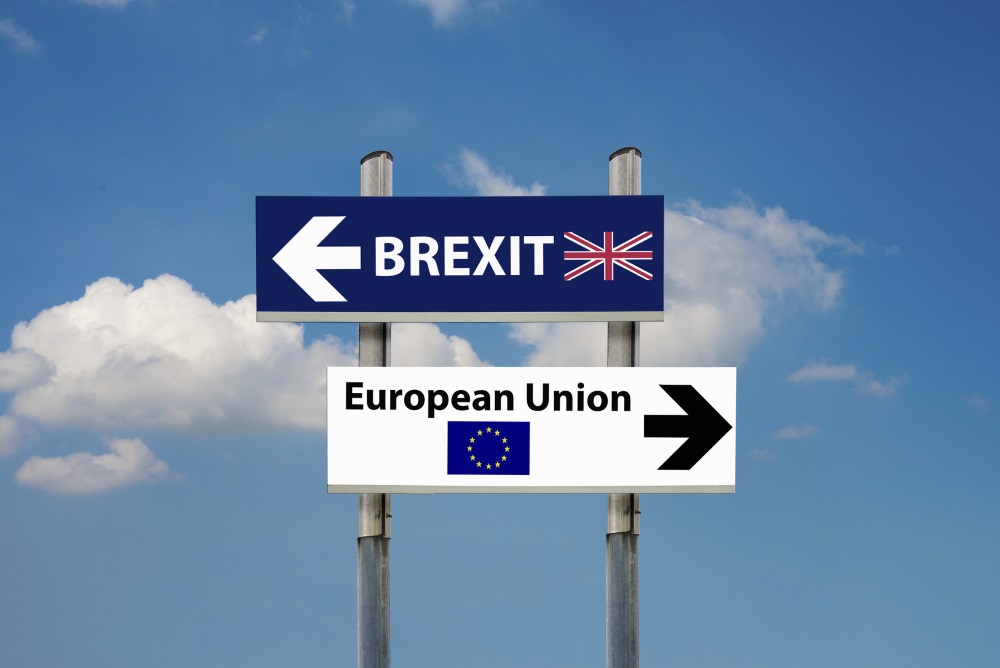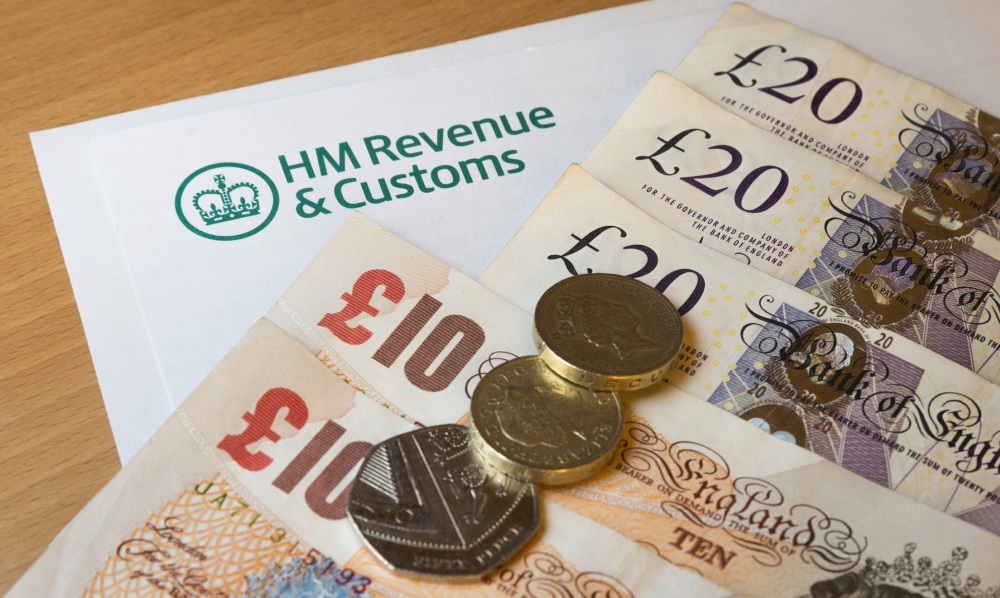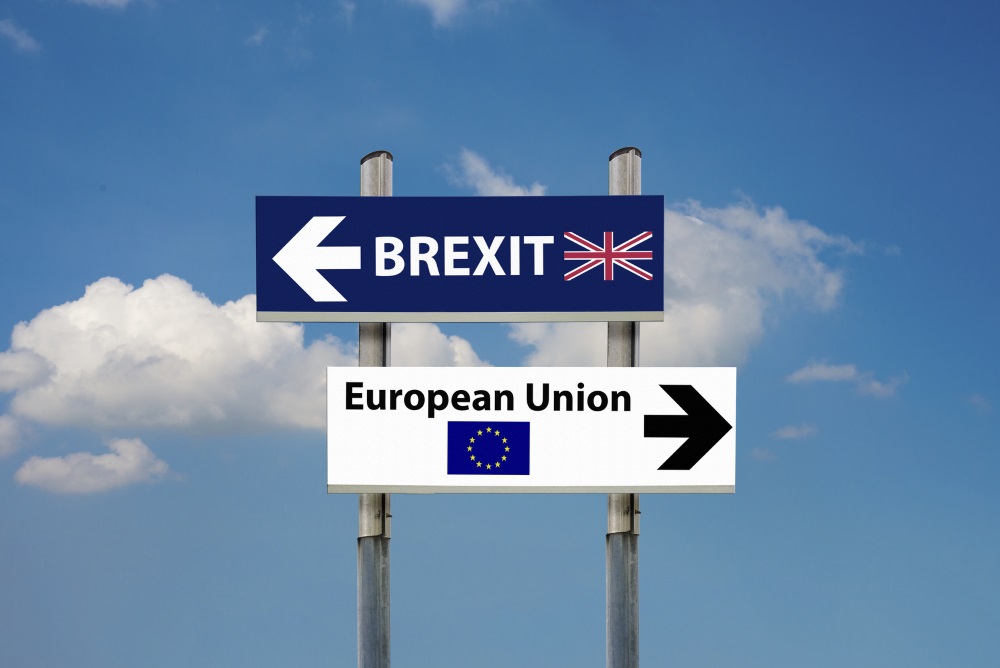
It has been an unforgettable few weeks in British history. Theresa May has replaced David Cameron. Philip Hammond has replaced George Osborne and Mark Carney has tried to steady the markets. And there has been added speculation on the future of property prices. This unexpected roller-coaster of events has shone a spotlight on the housing market. But what next for the property sector both in the UK and overseas? Here 17 property professionals from around the world share their views on the impact and predictions for the future.


1. Lucian Cook, Head of UK Residential Research, Savills (www.savills.co.uk)
“There have been conflicting signals in the market in the period post referendum, which suggests the impact of a vote to leave the EU will only become clear over coming months as the market finds its level.
“Falls in sterling have prompted some international buyers to re-enter the market, while there has also been a fair share of speculative bids from those hoping to secure a bargain. Against this context, sellers have generally taken a pragmatic approach around pricing without having to slash their expectations.
“Prime regional markets are at a different stage in their cycle, having been slower to recover peak 2007 values, and therefore appear to have been less affected by pre referendum uncertainty.”
“It is impossible to predict what will happen to the UK housing market with any great accuracy until we know what Brexit will mean for the wider economy. What we do know from lead indicators, such as the RICS survey, is that uncertainty pre-referendum impacted on new buyer enquires. A continuation of that uncertainty is likely to pull back price growth and transactions in the short term.
“The prospect of an increase in mortgage interest rates and a reduction in wage growth is expected to create greater affordability pressures over the medium term, particularly in London where borrowers have stretched themselves further. However the precise impact depends on how severely these affordability drivers are affected. An increase in effective interest rates will also have heightened relevance for mortgaged buy to let investors, given the progressive reduction in tax relief they will get on their mortgage payments in the future. Nonetheless the inherent undersupply of housing in the UK should continue to underpin the market.”


2. Miranda John, International Manager, SPF Private Clients (www.spf.co.uk)
“For Brits still buying overseas, it may be a good time to negotiate on the purchase price, and see whether you can get a good deal. If finance is required there are challenges to be aware of. Re-mortgaging a British home will provide funds in sterling and the current exchange rate is not only lower as a result of Brexit, but is more volatile. Buyers need to think carefully about their budget and may need advice on securing a forward contract, so they are not left with a shortfall if there is a further slide in sterling against the Euro between offering on a property to actual completion.”


3. Graham Davidson, Managing Director, Sequre International (www.sequre.co.uk)
“In the last decade alone, hundreds of thousands of British nationals have chosen not merely to holiday in Europe, but to buy second homes there. Spain will appeal to many British buyers regardless of Brexit negotiations. This is due to our short-flight time from the UK, secure lifestyle and consistently warm climate. In 2015 Spain recorded its strongest growth since 2007, where its GDP rose 2.7 per cent. Although still on the up, property prices remain low compared with the rest of Europe, creating a highly accessible market.”


4. Branson Atterbury, Marketing Director, Kristall Spaces, Austria (http://propertysaleaustria.co.uk/))
“The effect of Brexit and the free movement of capital from the UK to the European Union is likely to be minimal and the right to buy or own property in the EU by the British, is not going to be materially diminished. There are 1 million Brits who own properties in the EU and lots of EU owners here, so it is extremely unlikely that the host countries will suddenly impose restrictions.
“Some buyers may be worried about taxation changes but again, Brexit has no impact on the UK's extensive double tax treaty network as it is not based on EU membership. The double tax treaties we have signed with EU are made individually with each country.”


5. Ray Withers, CEO of Property Frontiers (www.propertyfrontiers.com)
“While the pound remains weak, we’re likely to see a continuing surge of interest in the UK’s property market from overseas buyers and investors. Market fundamentals such as shortage of supply and a growing private rented sector remain in place, so Brexit’s impact thus far has been to generate a boom in enquiries and purchases from those overseas, who suddenly find they can get more for their money in the UK than they could before 23 June. This is particularly true for those buying in dollars and euros, and currencies that are index-linked to the dollar.
“Brexit house prices: the sudden and widespread drop in prices that many indicated would result from Brexit has yet to be seen. Naturally, the coming months and years may impact UK house prices in the short-term, but this should be no more than a market correction in some areas. For the medium- and long-term, prices look set to continue their upward trend, making the UK property sector an attractive proposition for those looking beyond the short-term.
“Brexit solutions: anyone looking to buy or invest in a property in the UK needs to keep up to date with developments in their local area as well as national political happenings. The situation over the coming months and years is likely to be fairly fluid, so those looking to profit from property need to be extra vigilant in their awareness of price movements, spikes in demand and so forth.”


6. Keith Parrett, CEO, Redrow Menta (www.redrow.co.uk)
“The EU referendum has had little impact on sales at our sites and we are conducting business as usual. We are continuing to take reservations and are experiencing high visitor numbers due to the underlying demand for new homes following decades of under supply. The new homes market remains and will continue to be strong for this reason.”


7. James Greenwood, Stacks Property Search (www.stacks.co.uk)
“Uncertainty has been the enemy of those wanting to buy and sell property in 2016. The lead up to the referendum was a quiet time in the UK property market as potential buyers and sellers sat on their hands waiting for the decision.
“While the future of the UK is far from certain post-referendum, every day brings a little more certainty. We know that the commercial property funds are suffering. We know that interest rates are more likely to go down than up. We know that the Stock Market is more robust than many anticipated. Housebuilders that have been hammered by uncertainty about the economy have started to regain some ground.
“In our view, if you can be certain in an uncertain world, you can take advantage of the situation. A collapse in property prices is not on the cards – Mark Carney has taken care of that. Equally there is no expectation of any great increase in prices. Before the referendum, it was agreed by many that price growth was slowing. We believed that prices were overvalued from 3% - 12%. Our expectation is that, depending on the level of growth that different regions have experienced in recent years, we will see some dampening of prices. As a buyer, take advantage of this non-volatile market. Our advice for buyers:
- Finally, if you’ve been putting off a decision to move for months, now is the time to get active. Take advantage of a climate of opportunity, but, as always, be obsessive about your due diligence.”


8. Edward Heaton, Founder and Managing Partner, Heaton and Partners (www.heatonpartners.com)
“So far it has been business as usual, although of course, this might be the calm before the storm. Having spoken to most of the main selling agents in both London and the country, they are not reporting any significant change in sentiment and it has had virtually no effect on transactions. I have heard of a couple of sellers delaying putting their houses on the market, just to see how the situation unfolds, but aside from that, the mood seems to be quite positive. Albeit many people are still in shock at the outcome.
“We have already been contacted by a number of international clients, both old and new, who see a real opportunity over the coming six – 12 months.”


9. Anita Mehra, Managing Director, Benham & Reeves Lettings (www.brlets.co.uk)
“If you cast your mind back to 2008 in the wake of the Lehman Brothers crash, the pound dropped in value as did property prices. To overseas investors, this became a great buying opportunity. To those buying in other world currencies, London property suddenly looked cheap. Demand soon meant that property prices started to rise, but this didn’t deter investors as sterling continued to fall in value thanks to the Bank of England’s quantitative easing strategy. Even though their assets – PCL properties – were rising in value, they simultaneously were becoming cheaper for overseas buyers to purchase, due to the currency markets.
“We are facing a repeat of this scenario with what is likely to be a short- term fall in the property market. This is likely to be followed by a longer- term depreciation of sterling against other world currencies, which will ultimately benefit the property market.”


10. Paul Mahoney, Managing Director, Nova Financial (http://nova.financial/))
“The response we’ve received from clients, who are in the process of purchasing buy-to-let properties following the Brexit vote has been far more positive than one might have expected. Most people are of the opinion that it is business as usual. In fact, we have posted a record month for transactions in June with more of the same expected for July.”


11. Walter Di Martino, Head of Communications at Gate-Away.com (www.gate-away.com)
“Now that several days have passed since the EU referendum, London has seen a decrease in property and the value pound has fallen to a near three-year low against the euro at €1.1741. This represents a unique time for Euro home-hunters, who have now gained a significant buying power. So it is expected that many will seize this favourable time to invest in the British property market, including Italian buyers.
“And what about Brits looking for a second home in Italy? Don't panic. It is estimated that after Brexit, the UK will arrange more strategic and profitable collaborations with each country without intermediation from the central power represented by EU. This climate of uncertainty, which is now widespread, little-by-little should begin to fade out and new lucrative agreements among UK and the other nations – first of all Italy due to their relationship – will take over.”


12. Matthieu Cany, Co-founder & Managing Director, Sextant (www.sextantfrance.fr)
“Brexit came as a surprise for our British customers looking to buy a home in France. During the first few days, we had almost no enquiries. Buyers are now coming back with a hangover. They worry less about a real Brexit as everything will be renegotiated to keep links to the EU. They mostly worry about the exchange rate that has decreased by 9.23% (1.30 to 1.18). This decrease means their budget will be 9% lower, which means that rather than buying a four-bedroom home, they will choose a three-bedroom property, but will still buy a property. The French housing market is on its way to recovery this year and we don’t expect to see a fall in prices apart from some British home sellers, who want to achieve a quick sale to benefit from the low pound against the euro.”


13. Peter Gardner, MD Marchand Petit Estate Agents (www.marchandpetit.co.uk)
“The property market is busy digesting the ramifications of the exit vote in the recent EU Referendum. It will undoubtedly take some time for the immediate effects of a weaker pound and volatility on the stock market to wash through to the domestic property market. I suspect the results will not be direct, but more a consequence of wider economic uncertainty. We are living through an unsteady period started initially by changes to stamp duty, which have had an influence on second home ownership and buy-to-let properties. This is now extended by the result of the referendum vote and financial volatility.
“However, I believe, that we are now becoming somewhat inured to instability and learning to live with uncertainty. There is little sense of panic in the property market - life goes on and whatever is happening in the world of economics and politics, people still need to move whether it is to upsize due to growing families or downsize. Houses continue to sell and properties are still coming to the market.
“As yet demand for and supply of property remains relatively stable and with a benign interest background, we would envisage this continuing in the medium term. As ever though, in the general nature of things, time and money tends to be inversely related and so anyone seeking a cash buyer should consider good offers.”


14. Jo Eccles, Managing Director of Sourcing Property (www.sourcingproperty.co.uk)
“They say that the 3Ds – death, divorce, and debt – fuel a lot of property market transactions. Our effective divorce from the EU will have a slightly different impact. Rather than lead to increased activity in the market, this will no doubt keep it subdued in the immediate future.
“As with any big change, there lies uncertainty. The London property market has been in an uncertain state for months now and this will remain for the short-term at least. Buyer appetite in particular has been affected in recent months by the looming referendum – as well as of course recent stamp duty changes – due to its nature of longer term commitment. However, that’s not to say that the market has ground to a halt – or will grind to a halt – as a lot of property purchases in London are not discretionary. In the last few months, we have purchased properties for numerous clients, whose lives were carrying on and they needed to move for schools, jobs or for more space.
“These buyers will not disappear, but we may see more and more would-be-buyers opting to rent in the short term to give them greater flexibility. This has certainly been a growing trend over previous months, especially at the very high end of the market. It’s to be expected, as this is fairly predictable behaviour. When the buying market slows down, the rental market usually picks up, and vice versa.
“In terms of predicting what lies ahead for London property, it’s very difficult to do so as it’s so complex and relies on so many factors. These include costs of construction, availability of labour within the construction and property market, availability and cost of finance for developers, mortgage rates and availability for buyers, demand and supply in the re-sale market, and so on. However the exit details will be negotiated, property will remain an art of supply and demand and, what creates the balance between them, is pricing. Demand may fall from certain buyers, or tenants, and grow from others.”


15. Stuart Johnson, Business Development Manager, Prime Centrum (www.primecentrum.com)
“There will be short-term uncertainty, but we remain very confident in the long-term growth of the UK property investment market. The case for UK property is underpinned by a number of factors that will not change as a result of the UK leaving the EU.
“UK buyers drive property demand and home-owners are responsible for the majority of purchases of UK property and these buyers will still be ready to purchase over the medium and long term, especially given interest rates that are likely to remain low as the Bank of England focuses on maintaining stability.
“Furthermore, the overall lack of supply of property remains a fundamental factor that shows no sign of abating for many years. This will not change whether the UK is in or out of the EU. It is worth noting that after the Financial Crisis UK property performed better than UK shares indices and many residential property owners will be unwilling to sell during a period of uncertainty – further exacerbating the supply of property.”


16. Yulia Kozhevnikova, overseas property expert, Tranio.com (https://tranio.com)
"Britain’s pound fell against all major currencies and is forecasted to drop further. The weak sterling will be favourable for foreign property buyers, and the share of overseas investment can be expected to grow as British property will be getting cheaper for non-residents.
We see no barriers for UK property investment and no reasons to exit the market. As with any portfolios, a UK portfolio should be diversified - you should invest your money in several different ways. We recommend investing in different property markets to minimise currency risks, e.g. in Germany (euro), the US (dollar) and the UK (pound)."


17. Martin Dell, Director, Kyero.com
“In the short term, not much will change. Mortgage availability is good, banks want to lend and interest rates are at all-time lows. Swaps are falling on the back of the outcome and it's likely to put back any interest rate rise further still.”

Stuart was the Telegraph's Property Editor for five years, where he transformed their online platforms. Now he is an editor, writer and digital strategist for Everything Overseas. He specialises in places, prices and properties in the world of real estate. He is also a director of Everything Overseas, overseeing the direction of the channel.
More articles by Stuart Penney | View all our authors
Or you can read more about your chosen country:
